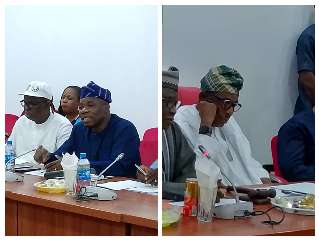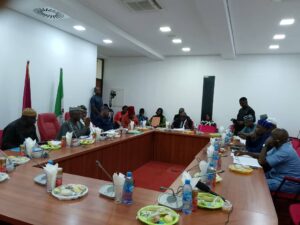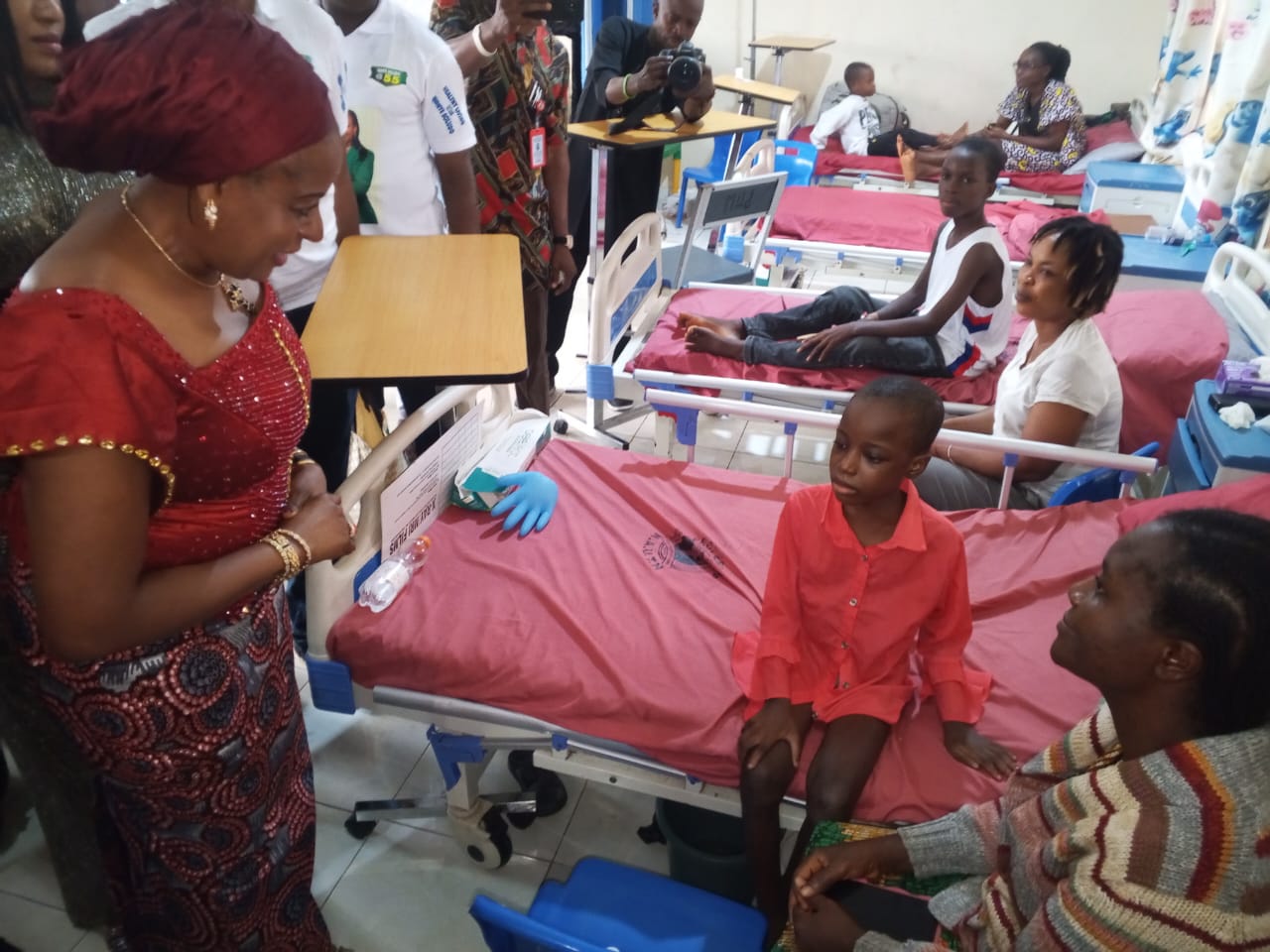
The Nigerian Senate has queried the National Automotive Design and Development Council (NADDC) over its dwindling revenue performance even as the agency announced an aggressive policy push to revive local vehicle manufacturing and reduce Nigeria’s dependence on imported cars and auto parts.

Appearing before the Senate Committee on Industries for a 2024 budget performance review on Tuesday, NADDC Director-General Joseph Oluwememan Oshanipa defended discrepancies in the council’s financial records, insisting they were due to misinterpretation of expenditure data rather than mismanagement. The session, chaired by Senator Francis Fadahunsi, examined the council’s revenue profile and ongoing initiatives to reposition the automotive sector.
“There was no mismanagement. What they saw was what we actually spent, and after our explanations, they were satisfied,” Oshanipa told journalists after the meeting.
Although the council generated ₦25 billion in 2024 and set a ₦140.5 billion revenue target for 2025, lawmakers expressed concerns that actual collections have fallen significantly short. The committee demanded improved coordination with the Nigeria Customs Service to block leakages and ensure better remittance of automotive levy revenues.
Senator Fadahunsi stressed that “there must be accountability in revenue generation and a clear strategy to grow Nigeria’s automotive industry sustainably.”
Despite fiscal challenges, Oshanipa unveiled a renewed roadmap to deepen local content in automobile manufacturing. He said NADDC is partnering with the Association of Local Component Manufacturers (ARCMAN), the Manufacturers Association of Nigeria (MAN), and the National Automotive Manufacturers Association (NAMA) to build a strong domestic supply chain.
“We’ve identified components that can easily be produced in Nigeria,” he said. “Our goal is to ensure local producers can meet national demand. Without production capacity, this programme will fail, and we are determined not to let that happen.”
A key highlight of ongoing policy reforms is the proposed legislation to ban the importation of used vehicles, popularly known as tokunbo cars. Oshanipa argued that the ban is necessary to stimulate local assembly, protect domestic manufacturers, and generate jobs.
He emphasized that the legislation would be implemented alongside an affordable auto credit scheme for Nigerians and a sectoral lending framework to support manufacturers.
The NADDC has also inaugurated a technical committee to localize the production of motorcycles and tricycles, citing their simpler components and high market demand as a strategic entry point for industrial growth.
READ ALSO: Court arranges October 31 for Judgment in Suit Seeking to Halt PDP 2025 National Convention
FG, Global Health Partners Unveils ₦7bn Innovative Cancer Medicine Study in Nigeria
“It’s not just about producing; it’s about producing competitively,” Oshanipa said. “We’re working to provide both financial and technical support for manufacturers so Nigeria can build vehicles by Nigerians, for Nigerians.”
With Nigeria’s automotive industry at a turning point, the Senate has demanded a clear implementation strategy while promising legislative backing for credible reforms that would reduce automobile import dependency, strengthen local manufacturing, and boost economic growth.





